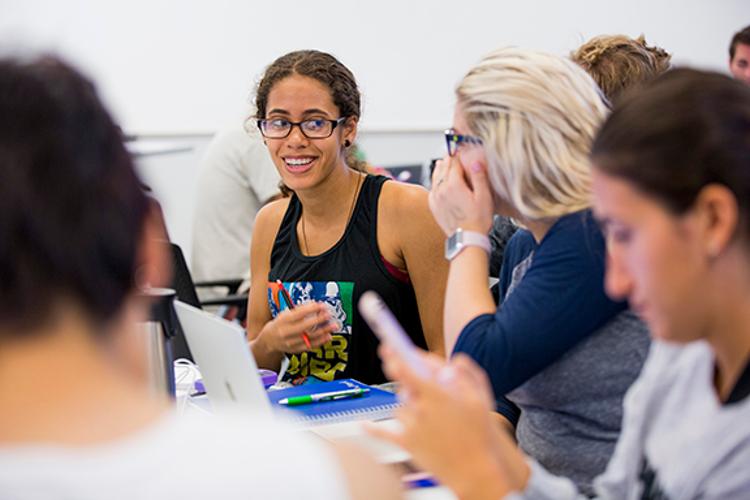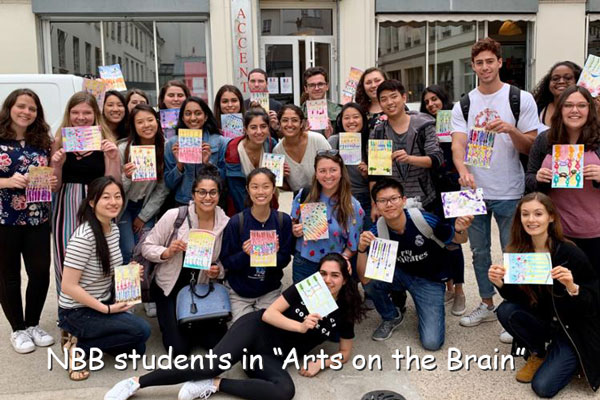Diversity, Equity, and Inclusion
Emory University's commitment
 From the Institutional Statement: "The Emory community is open to all who have a commitment to the highest ideals of intellectual engagement, critical inquiry, and integrity. We welcome a diversity of gender identities, sexual orientations, abilities, disabilities, ethnic, cultural, socioeconomic, religious, national, and international backgrounds, believing that the academic and social energy that results from such diversity is essential to advancing knowledge, addressing society’s most pressing issues, and attending to the full spectrum of human needs in service to the common good." For resources, see the Emory Office of Diversity, Equity, and Inclusion.
From the Institutional Statement: "The Emory community is open to all who have a commitment to the highest ideals of intellectual engagement, critical inquiry, and integrity. We welcome a diversity of gender identities, sexual orientations, abilities, disabilities, ethnic, cultural, socioeconomic, religious, national, and international backgrounds, believing that the academic and social energy that results from such diversity is essential to advancing knowledge, addressing society’s most pressing issues, and attending to the full spectrum of human needs in service to the common good." For resources, see the Emory Office of Diversity, Equity, and Inclusion.
NBB student demographics
Students in the NBB Program reflect the diversity of the Emory College of Arts and Sciences as a whole, with a variety of races, ethnicities, cultural identities, and socioeconomic backgrounds.


NBB statement of support
Actions towards diversity, equity, inclusion, and accessibility
- Intentional incorporation of a module focused on the evidence of inequitable use of sex and race as variables in neuroscience research. [NBB 401W, the senior capstone seminar]
- Incorporation of biographies and research from neuroscientists who identify from groups historically marginalized in STEM. [NBB 301, a core requirement]
- Increasing accessibility for students to engage in courses by incorporating universal design principals and leveraging technology, including Zoom, polling apps, and discussion boards.
- Developing skills for identifying and promoting issues of justice, equity, diversity, and inclusion in STEM is a key learning goal in NBB research courses. [NBB 299, NBB 499, NBB 495]
- With the Biology Department and faculty research mentors, NBB has started a need-based stipend to support low-income students doing research for course credit. [NBB 499, NBB 495]
- NBB faculty partner with other campus groups to offer mentor training to graduate and faculty mentors who work with undergraduate research students. [NBB 499, NBB 495]